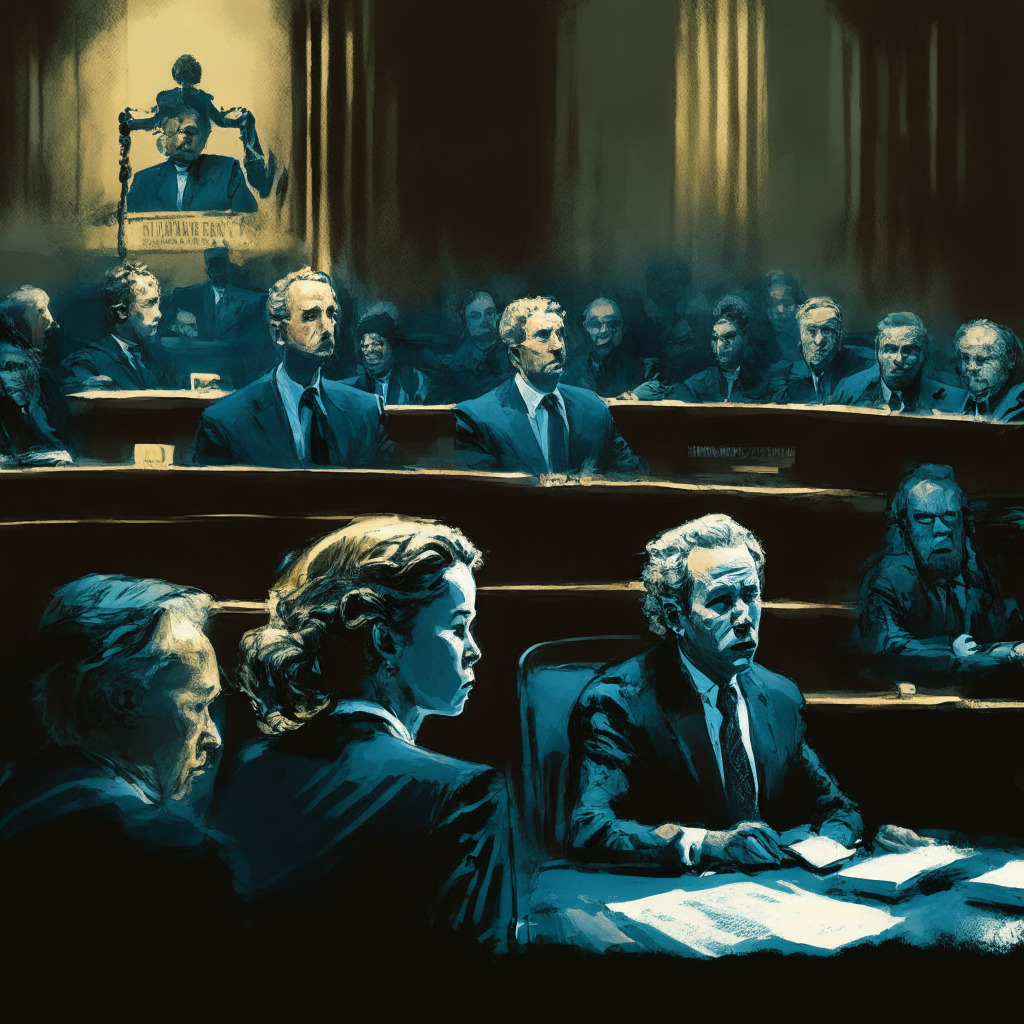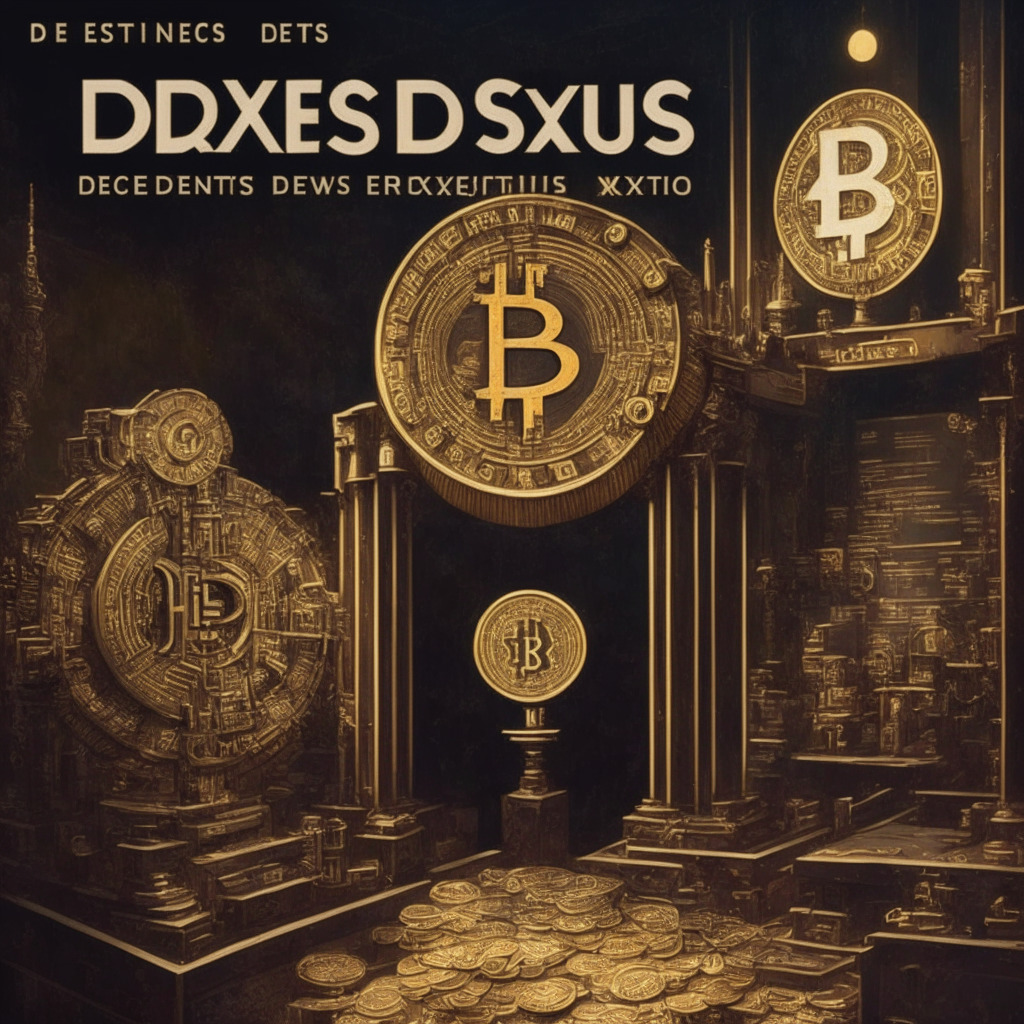Binance has recently come under the scrutiny of US lawmakers, with senators accusing the exchange of potentially deceiving them about its business operations and relationships with its local unit. Senators Elizabeth Warren and Chris Van Hollen have reportedly requested an investigation by the Justice Department into whether Binance provided false information to Congress.
Earlier this year, Warren and other senators demanded balance sheets and questioned the operations of both Binance and its American subsidiary, expressing concerns over potential evasion of local regulations, sanctions, and possible money laundering facilitation. In response, Binance’s chief strategy officer, Patrick Hillman, submitted documents alongside a 14-page letter acknowledging past mistakes and outlining the company’s commitment to robust Know Your Customer and Anti-Money Laundering policies.
The independence of Binance.US from Binance’s global entity is crucial for regulatory jurisdiction and liability reasons, as explained by Syracuse University law professor Jack Graves. If the two entities are independent, US regulators can’t go after Binance International, and in the case of bankruptcy, the parent corporation is not obligated to pay the debts of Binance.US.
However, if the Securities and Exchange Commission (SEC) finds the companies commingling funds, Binance’s global unit could be held responsible. Both companies have issued separate responses to the SEC lawsuit, with Binance stating it has cooperated with investigations and addressed concerns, while Binance.US has labeled the claims as baseless.
This complex situation highlights the growing concerns surrounding the regulation and compliance of cryptocurrency exchanges and their operations. Companies in the space must remain vigilant and transparent in their dealings to avoid potential legal ramifications. Meanwhile, users should pay attention to the ongoing developments and evaluate the platforms they entrust with their investments.
Source: Cointelegraph




